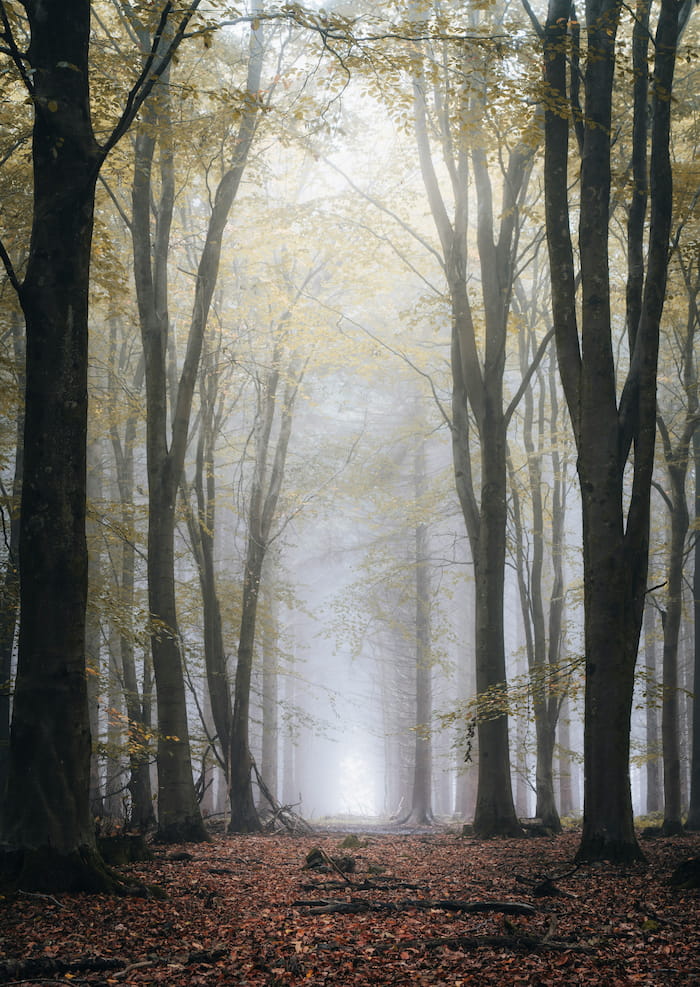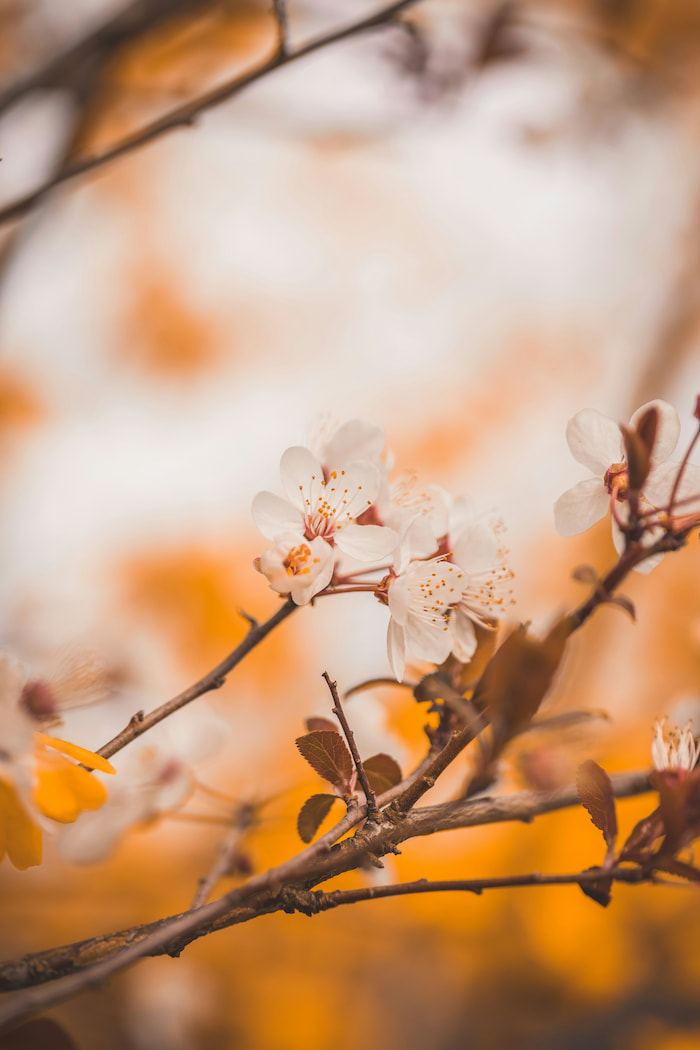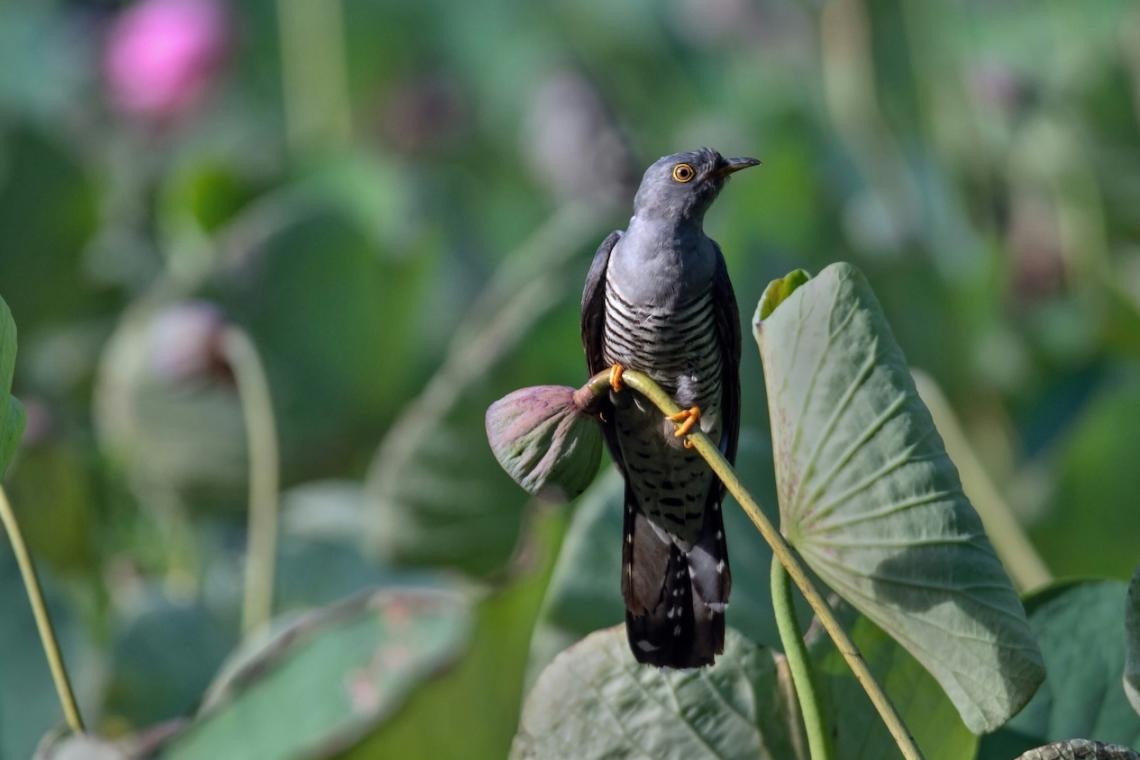It is a common feeling, that first glimpse of the sun before the start of spring. Heat finally warms our bones after the long march of winter, and semblances of hope and rebirth swell in our hearts. Somewhere, a cuckoo is calling to beckon in spring, but it falls on deaf ears, and no one can hear it sing.
When I was growing up, I was lucky enough to have large stretches of green woodland nearby, filled with wildlife beyond comprehension that a child could only dream of. My dad would take me out on walks, pointing out which tree was which, and telling me to notice the seasonal changes. We would go out and see the changes in our areas; the ground littered with leaves in Autumn, turning solid and frozen in Winter, then dotted with bluebells in Spring. What I did not know then was that we were actively practising phenology.
A Brief History of Phenology
Phenology - the study of the seasons through the identification of flowers, animals and seasonal changes. Britain has a deep history of phenological studies. Considered the godfather of phenology, Robert Marsham first noted the seasonal changes in his 1736 book, ‘Indications of Spring’, viewing natural events, tree leafing times, and the arrival of birds and other wildlife. Other phenologists, such as Jean Combes dated the time of oak leafing to focus on the changing seasons in 1947. Marsham’s and Combes’ work was echoed by the Royal Meteorological Society in 1875, which created a vast network of analysts to record and log data on phenological events.
This long history culminated with the BBC shows, Springwatch (2005) and Autumnwatch (2006). These shows aimed to promote phenological events to the general public, presenting the impacts of climate change, and bringing environmental awareness to audiences around Britain.

These practices may seem mundane, yet they represent a unique British connection with the natural landscape. In valuing nature, the protection of such landscapes will be of higher salience to people and considered more important. This is not to say our society is perfectly intertwined with our nature, there have always been issues with British views on environmental protection, but this practice of phenology has significantly decreased.
Mirroring this, The Times London would publish letters concerning the first cuckoo heard, signalling the forthcoming of Spring and the end of Winter. This has since stopped, and the tradition now is an urban myth of sorts, with the Times even debunking the claim several times over the years. However, this has not stopped people from asking where has the cuckoo gone, and does it still sing? These questions point to a deeper issue: British society is no longer connected to our landscape.
The British Disconnect
British society has become detached from our natural environment, and it cannot be understated how dangerous this is. Autumnwatch has since been cancelled, Springwatch has been significantly reduced in runtime and the reports of cuckoo’s calling appear mainly on online forums amongst phenologists. Britain ranks the lowest in ‘nature connectedness’ out of fourteen European countries, around one-in-six of UK-based species are become extinct and domestic tourism rates to natural British landscapes declined by 4%. We exist in a time of natural elusiveness, where people in Urban areas must travel to see any sort of nature and wildlife, and those in rural areas see the countryside shrinking and animals disappearing. People flock to other countries to see wonderous landscapes, without noticing the beauty on their doorstep.
Our long history of phenology has become discarded and put aside; no longer do we value the importance of a personalised connection to nature, but how can we? Fourteen years of Conservative policies saw little protection to the British landscape. Plans such as HS2 have been criticised for its potential destruction of around 108 ancient woodlands. Moreover, our current Labour government focuses on environmental protection as a way of creating economic growth, not natural protection, as seen by their recent plans for the National Wealth Fund. The anthropocentric ideologies of government will do nothing to reform the bond between us and our landscape.

Our landscape and nature have become a topic of facts and figures and economic growth, where scientific knowledge, as valuable as it is, has trumped any form of local knowledge. Protecting nature for the sake of natural protection is viewed as invaluable, ineffective, and insufficient; a project with no economic value has no value at all. With this in mind, it is no surprise that our society has become separated from our natural surroundings.
With this, it comes as no surprise that our connection to the natural British environment is rapidly declining. Our landscapes are polluted and destroyed, our government values the economy over ecology, and our birds sing less and less.
A Return to Nature
The ritual of noticing our seasonal changes has become a quieter topic and those who still practice this are concentrated in local forums and communities. The importance of these groups cannot be understated, viewing the devastating effects of climate change more than most in Britain. For example, phenologists have long warned of earlier flowering times in plants due to an increase in temperatures across Britain. This local, phenological study is essential to reducing the damaging effects of climate change – if our government listened more to movements that studied the land, perhaps there would be more protection of the landscape.
To truly return to nature, to once again value and protect our environment, and try to get something done for the climate crisis, there must be a reconnect with our landscape. The protection of British wildlife and promotion of phenological studies must return to the zeitgeist of British society to give us a fighting chance to care for our nature. In reconnecting to nature, maybe we can finally hear the cuckoo sing once again.


